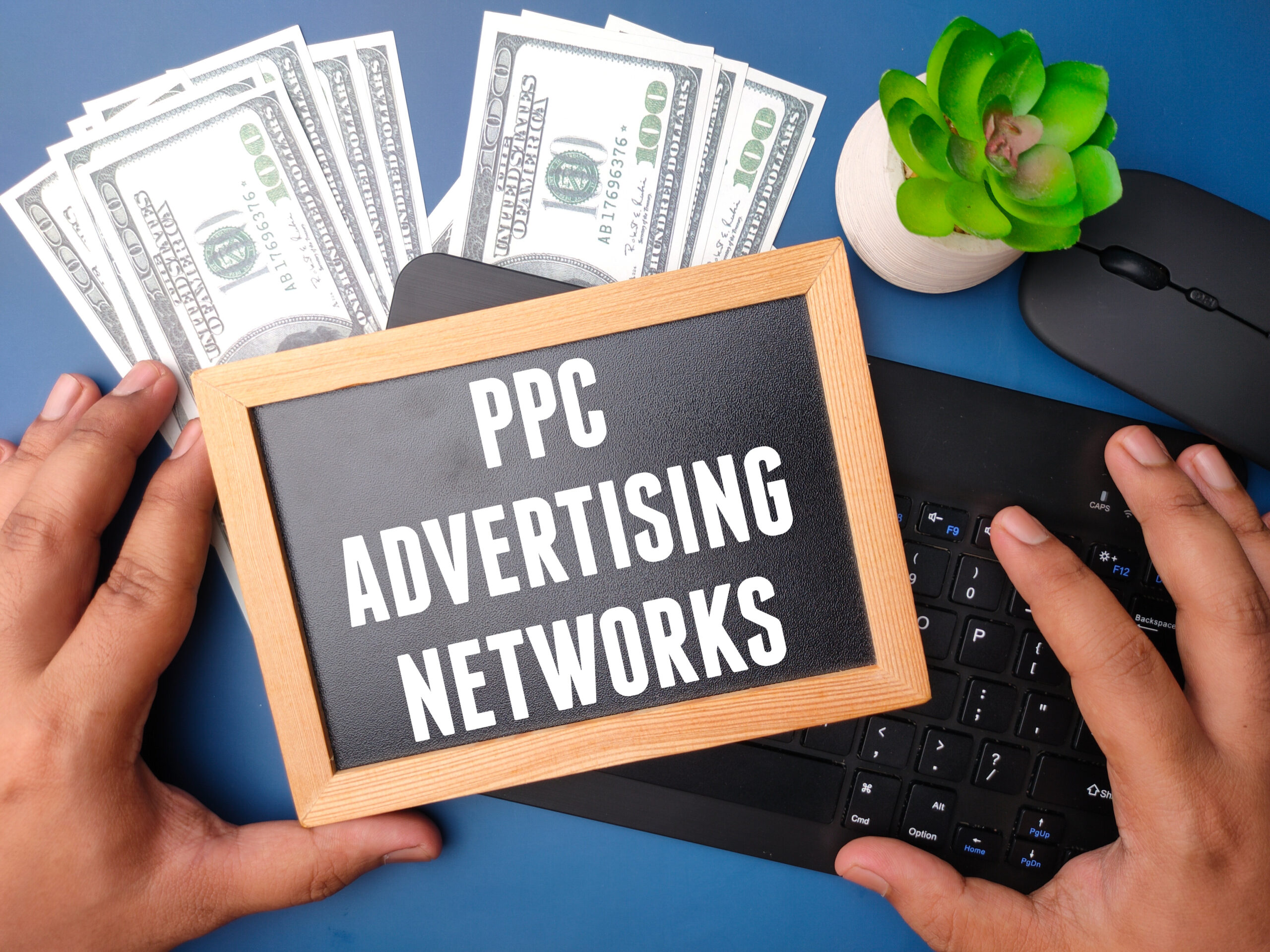The team at First Page has always advocated for thoughtful, informed decisions, especially concerning PPC spending. This topic is particularly crucial for businesses in Singapore and around the globe looking to expand their digital footprint and attract new customers. But how do you ensure that your PPC budget is well spent? And what role does strategic keyword research play in your PPC campaign’s success? Let’s dive right in.
Understand Your PPC Goals
Before you spend a single cent on PPC, it’s essential to understand your specific goals. Are you looking to increase brand awareness? Or perhaps you want to boost website traffic, or your ultimate objective is to increase conversions. These goals will help guide your PPC spending, ensuring every dollar goes precisely where it needs to be.
Budgeting For Your PPC Campaign
Before you begin your PPC campaign, you need to establish a budget. This can be tricky, especially if you’re new to PPC. At First Page, we recommend starting small and scaling as you learn what works for your business.
Your budget should allow for testing and optimisation. It’s important to remember that not every keyword you bid on will be a winner, so don’t be disheartened if you need to adjust your strategy.
Determining Your PPC Budget
When setting your PPC budget, consider your overall marketing budget, industry, and the value of a conversion for your business. Enterprises with higher lifetime customer values, like legal services or home renovation, might spend more on PPC, as the return on investment is significantly higher.
Understanding The PPC Auction Process
Before you can make the most out of your PPC spending, it’s crucial to understand how the PPC auction process works. Each time a user enters a search query, a rapid-fire auction occurs behind the scenes to determine which ads will appear and in what order. This is not just about who is willing to pay the most per click but also about the quality and relevance of the ad itself.
Quality score and ad rank
Google, for example, assigns a Quality Score to your ads, which is a measure of how relevant and useful your ad is to the user, mainly based on your ad’s click-through rate (CTR), the relevance of each keyword to its ad group, and the quality of your landing page.
Ad Rank, on the other hand, is calculated by multiplying your Quality Score by your maximum bid. Even if you don’t have the highest bid, you could still win a more elevated position at a lower cost by focusing on the quality of your ads and relevance to the user.
The Four Match Types In Google Ads And Their Significance In PPC Spending
When it comes to PPC, strategic keyword research is your secret weapon. Here at First Page, we take our keyword research seriously because we know it’s the key to getting your ads in front of the right people at the right time.
Strategic keyword research involves understanding your target audience, their search habits, and the keywords they use when looking for products or services like yours. This means identifying both broad and long-tail keywords, assessing the competition for these keywords, and understanding their search volume and potential for conversion.
Choosing the right keyword match type in Google Ads can significantly influence the success of your PPC campaign. These match types allow you to fine-tune when your ad will appear based on the user’s search query. Let’s take a closer look at each one of them:
1. Broad Match
Broad Match is the default match type with the most expansive reach. When you use Broad Match, your ad might show whenever a user searches for any word in your key phrase in any order and may also offer synonyms or related searches.
For example, if you are using “women’s hats” as a broad match keyword, your ad might show up for “buy ladies hats”, “hats for women”, or even “women’s accessories”.
While Broad Match can help you reach the widest audience, it also carries the risk of spending your PPC budget on irrelevant clicks. You may end up spending on searches that are outside your product or service. Therefore, it’s essential to monitor your campaign performance closely and regularly add irrelevant search terms as negative keywords.
2. Broad Match Modifier
Broad Match Modifier is a more controlled version of Broad Match. When you add a plus sign (+) in front of any or all words in your keyphrase, your ad will only show when those words are included in the user’s search query in any order.
For instance, using “+women’s +hats” ensures that your ad will only show for searches that include both “women’s” and “hats”, like “best hats for women” or “women’s winter hats”, but not for “men’s hats”.
This match type allows you to retain some of the reaches of Broad Match but reduces the risk of irrelevant clicks.
3. Phrase Match
Phrase Match gives you more control over when your ads show. When you use this match type, your ad will only show when a user searches for your key phrase in the exact order you enter it, though there can be additional words before or after it.
For example, if you use “women’s hats” as a Phrase Match keyword, your ad may show for “buy women’s hats” or “women’s hats on sale” but not for “hats for women”.
4. Exact Match
Exact Match is the most specific and restrictive match type. When you use this match type, your ad will only show when a user searches for your exact keyword or close variants with the same meaning.
Using “women’s hats” as an Exact Match keyword means your ad may show for “women’s hats” or “hat for women” but not for “buy women’s hats” or “women’s hats on sale”.
While Exact Match gives you the most control and ensures your ad is only shown for highly relevant searches, it has the most minor reach of all the match types.
Understanding and strategically using keyword match types is vital in PPC spending. By choosing the right match type, you can control the relevance of searches where your ad appears, effectively managing your PPC budget and increasing your return on investment.
Bonus: Negative keywords – Your secret weapon
Negative keywords allow you to exclude search terms from your campaigns and help you focus on only the keywords that matter to your customers. Regularly adding negative keywords to your PPC campaigns can help you reduce wasted spend and improve your ROI.
Creating Effective Ad Copy
No matter how great your keyword strategy is, you won’t achieve your PPC goals if your ad copy doesn’t convince users to click on your ads. Writing a compelling ad copy involves understanding your target audience’s pain points, how your product or service solves those problems, and clear call-to-action (CTA) statements that prompt users to click on your ad.
A/B testing of ad copy
At First Page, we recommend regular A/B testing of your ad copy. This involves creating two versions of the same ad (Ad A and Ad B), showing them to similar audiences, and then analysing which version performs better. The goal of A/B testing is to continuously improve your ad copy based on accurate data, not assumptions.
Landing Page Optimisation
Your PPC efforts shouldn’t end once a user clicks on your ad. The landing page to which your ad leads is just as important. A well-designed and optimised landing page can significantly increase your conversion rates. This involves ensuring that your landing page is relevant to your ad copy, is easy to navigate, and has a clear call to action.
Monitor And Adjust Your PPC Campaigns
One of the most significant advantages of PPC spending is the ability to track your results in real time. This means you can quickly adjust your strategy if something isn’t working.
Leveraging analytics for improvement
Understanding your analytics is a critical part of PPC campaign management. This is where First Page shines. We have the tools and expertise to help you dig deep into your data and make informed decisions about your PPC spending.
Partner With A PPC Expert
Running a PPC campaign can be complex, but you don’t have to do it alone—partner with a PPC expert like First Page. With our strategic keyword research experience and understanding of the Singapore and global market, we can help you get the most out of your PPC budget.
PPC spending can be a powerful tool in your digital marketing arsenal, but it’s essential to approach it with the proper knowledge and strategic planning. With this guide by First Page, you’re one step closer to mastering your PPC campaigns. Remember, your keys to PPC success are strategic keyword research, sensible budgeting, and constant monitoring.
Ready to make the most of your PPC spending? Contact First Page today, and let’s achieve your business goals together.

















